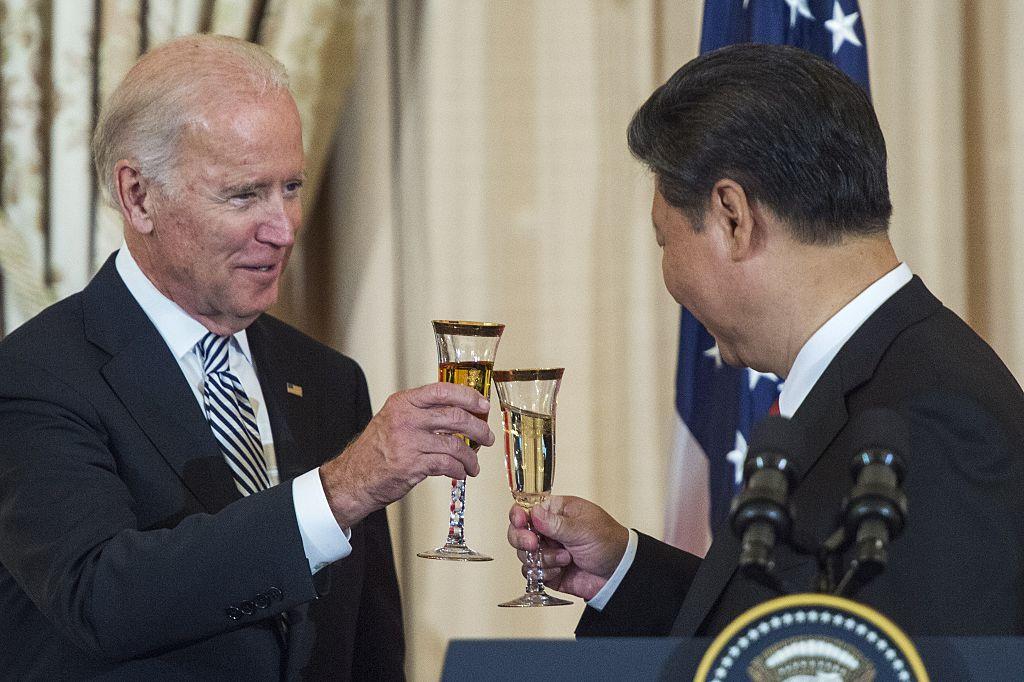Beijing is looking forward to a new U.S. administration after Chinese foreign minister Wang Yi said Democratic presidential nominee Joe Biden represented a “new window of hope” for the Sino–U.S. relationship.
Wang made the remarks last week in an interview with Chinese state-run media Xinhua and China Media Group. He also expressed hopes that the incoming U.S. administration will “return to a sensible approach,” according to a government transcript.





